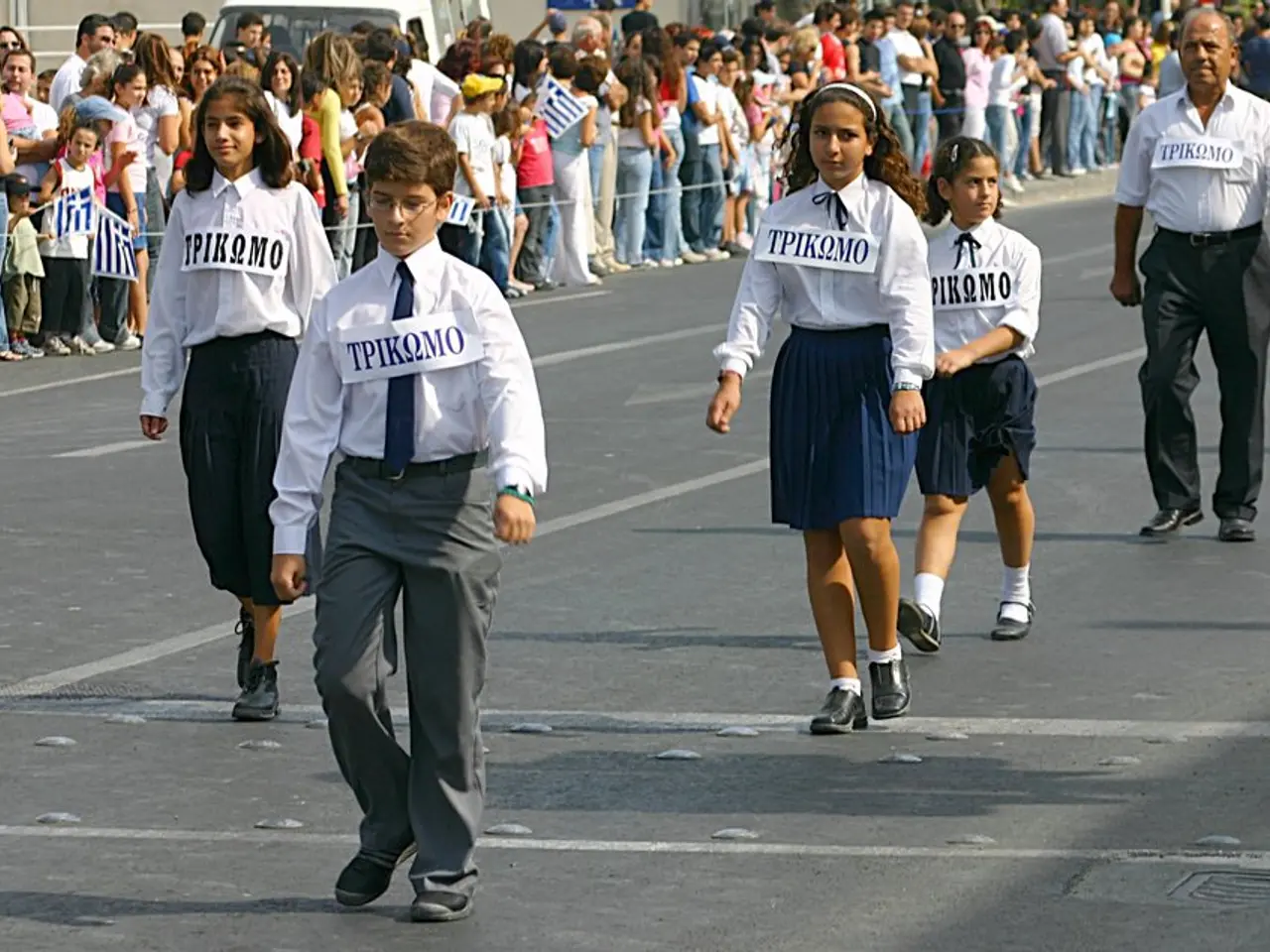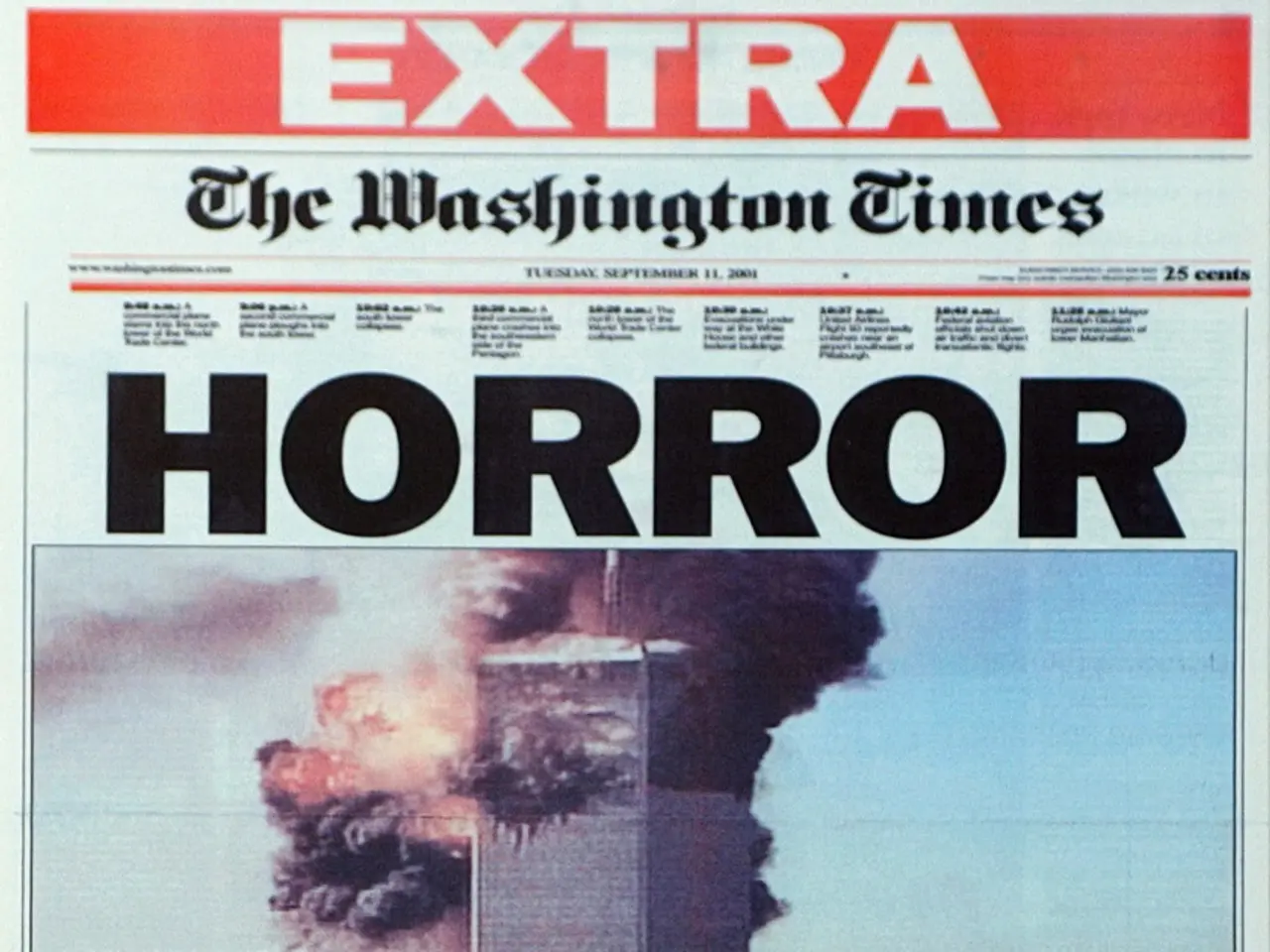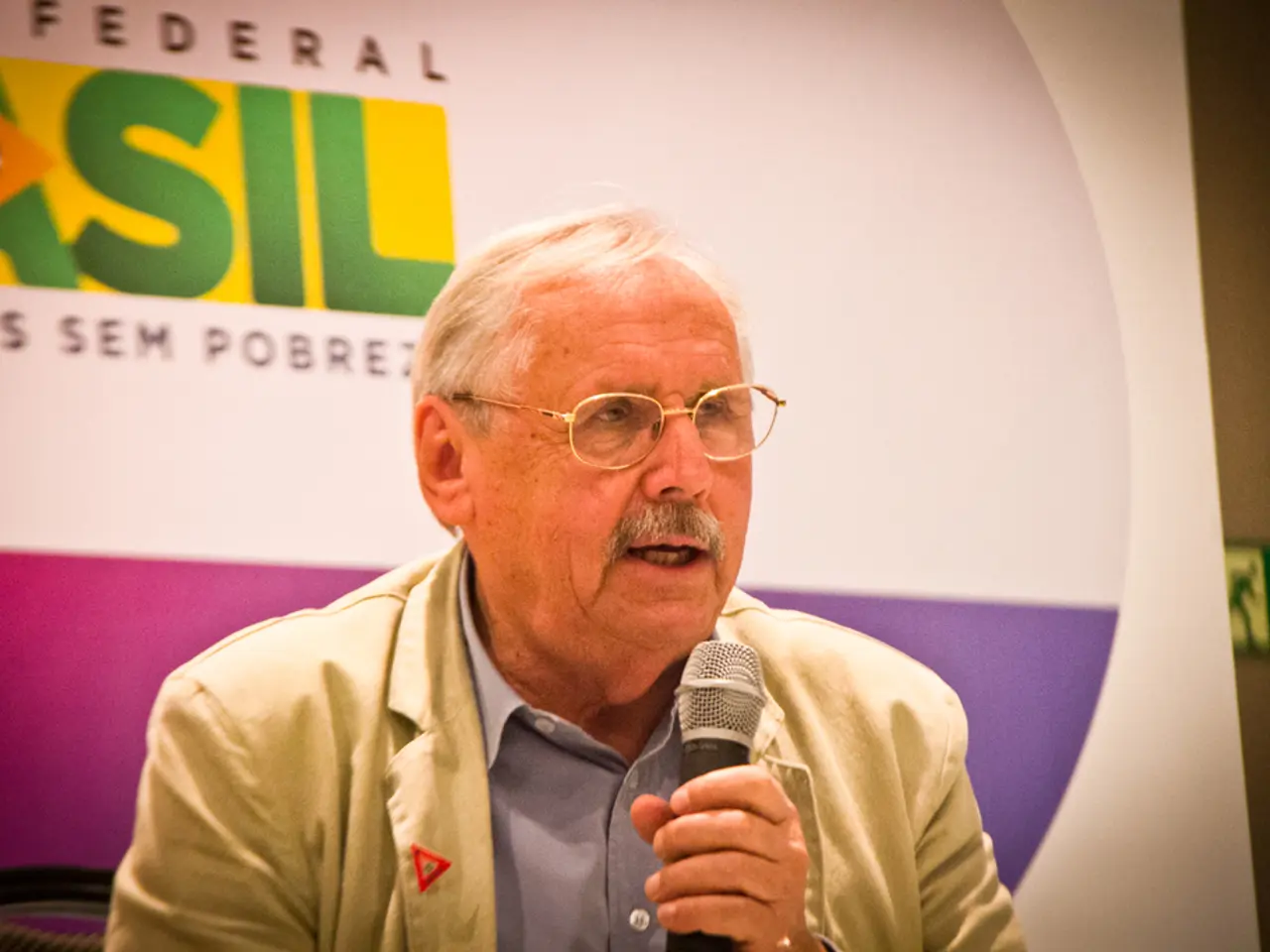Announced gathering of 800,000 individuals partaking in Mexico's Pride march
In the heart of Mexico City, on a Saturday afternoon (local time), an annual event unfolded—the Pride Parade—with around 800,000 participants marching for hours, advocating against discrimination, social exclusion, and violence based on sexual orientation. The theme of this year's 47th Pride Parade was "Diversity without Borders: Justice, Resistance, and Unity." Despite the historic turnout, Mexico remains a country with significant safety concerns for the LGBTQI+ community, as reported by the LGBTI Network Without Violence.
According to the Network's 2024 report, Mexico was the second most dangerous country for LGBTQI+ people in Latin America after Colombia, with an alarming rise in fatal violence. In 2024 alone, 80 cases of such violence were reported, representing a 23% increase from the previous year. This data underscores that Mexico experiences a high rate of violence, with at least one LGBTQI+ person murdered every 24 hours across Latin America and the Caribbean.
The statistics suggest a high level of violence against the LGBTQI+ community in Latin America and the Caribbean. Colombia, however, is noted as having the highest risk, placing Mexico behind it but still with serious safety issues. The LGBTI Network Without Violence report further highlights additional factors worsening safety for the LGBTQI+ population, including forced displacement and refugee situations, especially for transgender individuals.
While many Latin American countries face challenges, Mexico has implemented some protections. For instance, bans on all anti-gay discrimination and outlawing pathologization of sexual orientation in several states and Mexico City have been enacted as of 2020-2022. However, the persistence of violence despite these protections highlights the gap between law and lived reality.
In summary, while Mexico has a visible and mobilized LGBTQI+ community with some legal protections, it still ranks as one of the countries with the highest rates of violence and security risks for LGBTQI+ persons in Latin America, second only to Colombia. This makes the safety situation in Mexico particularly urgent compared to other countries in the region. The Pride Parade in Mexico City is a powerful demonstration of the community's resilience and determination, but the urgent need for improved safety and justice remains.
The Pride Parade in Mexico City serves as a platform to advocate for diversity and unity, yet the 2024 report by the LGBTI Network Without Violence indicates that Mexico remains the second most dangerous country for LGBTQI+ individuals in Latin America. This unsettling statistics shed light on the significance of social-media as a tool for raising awareness about the ongoing violence and injustice faced by this community. Addressing this issue goes beyond entertainment or politics; it requires general-news outlets to present accurate and timely information about the challenges faced by the LGBTQI+ population, helping to bring about much-needed change in their lifestyle.







